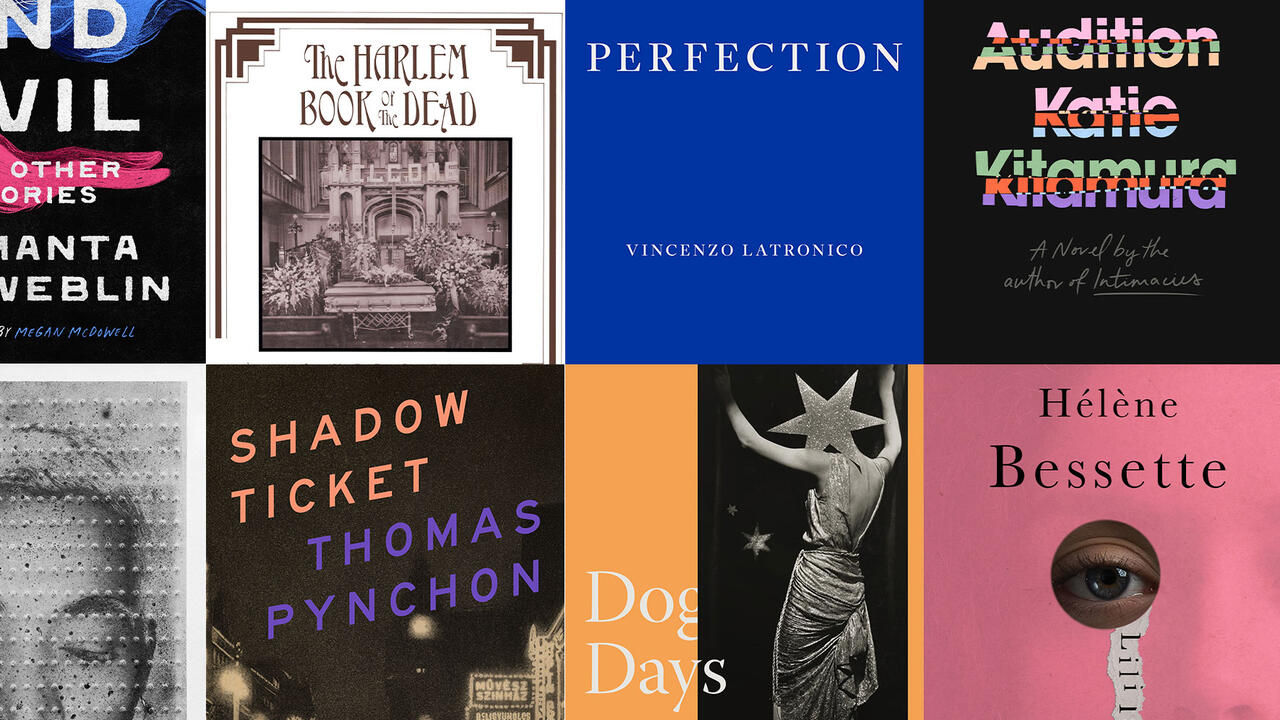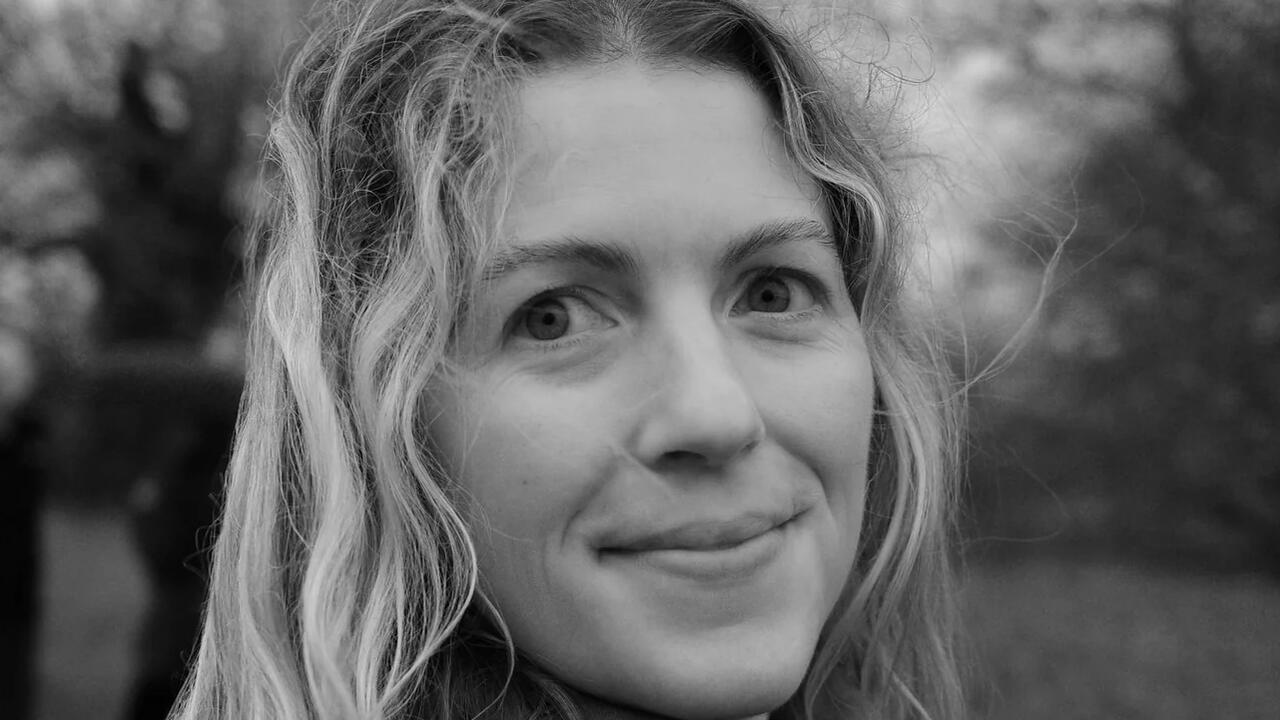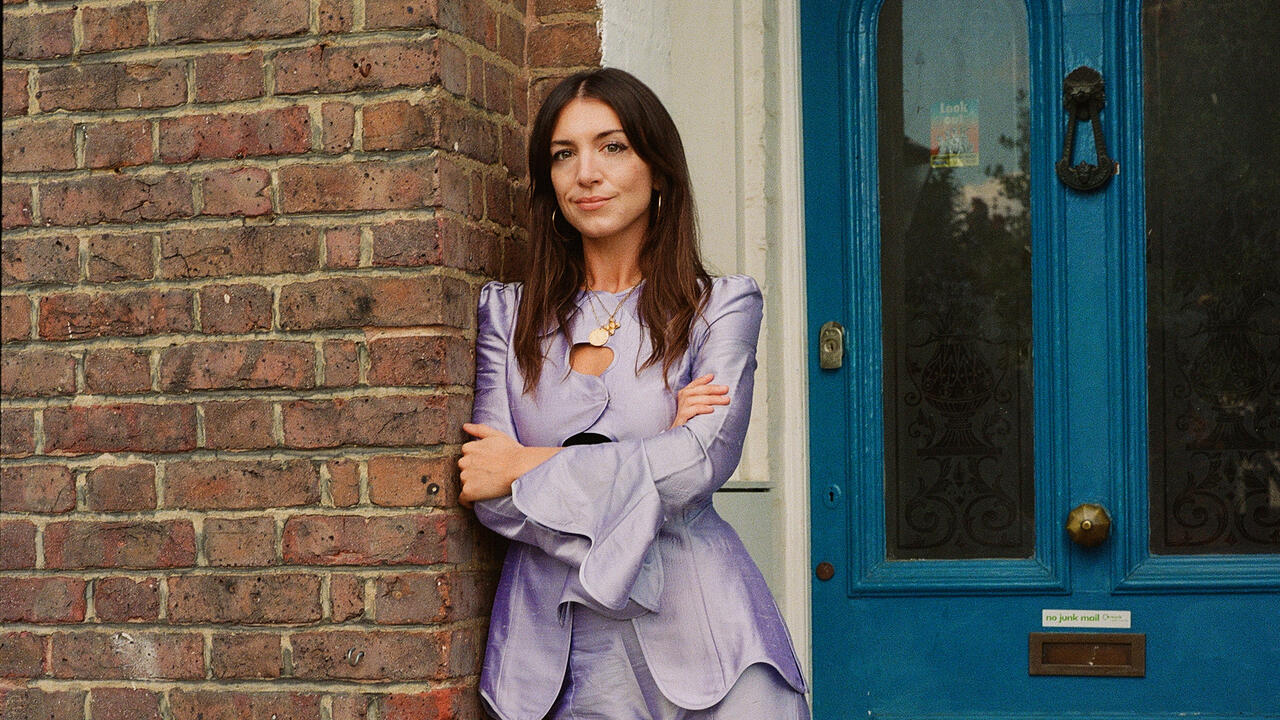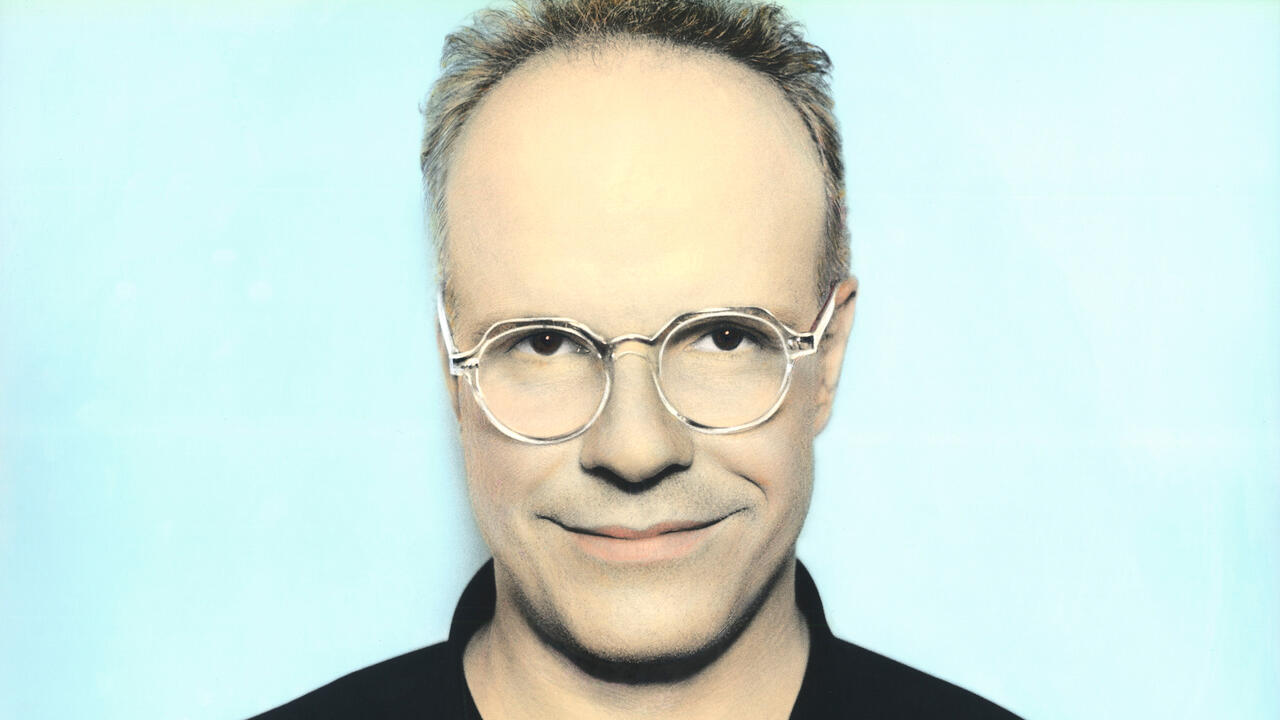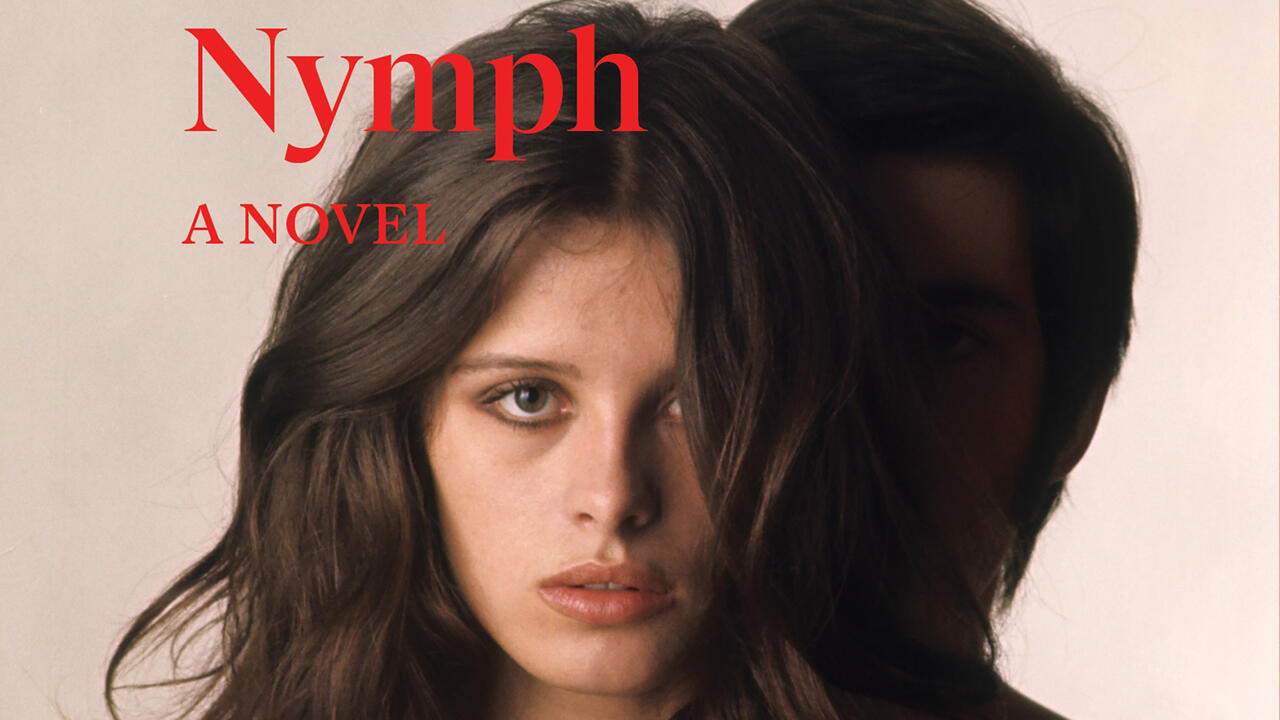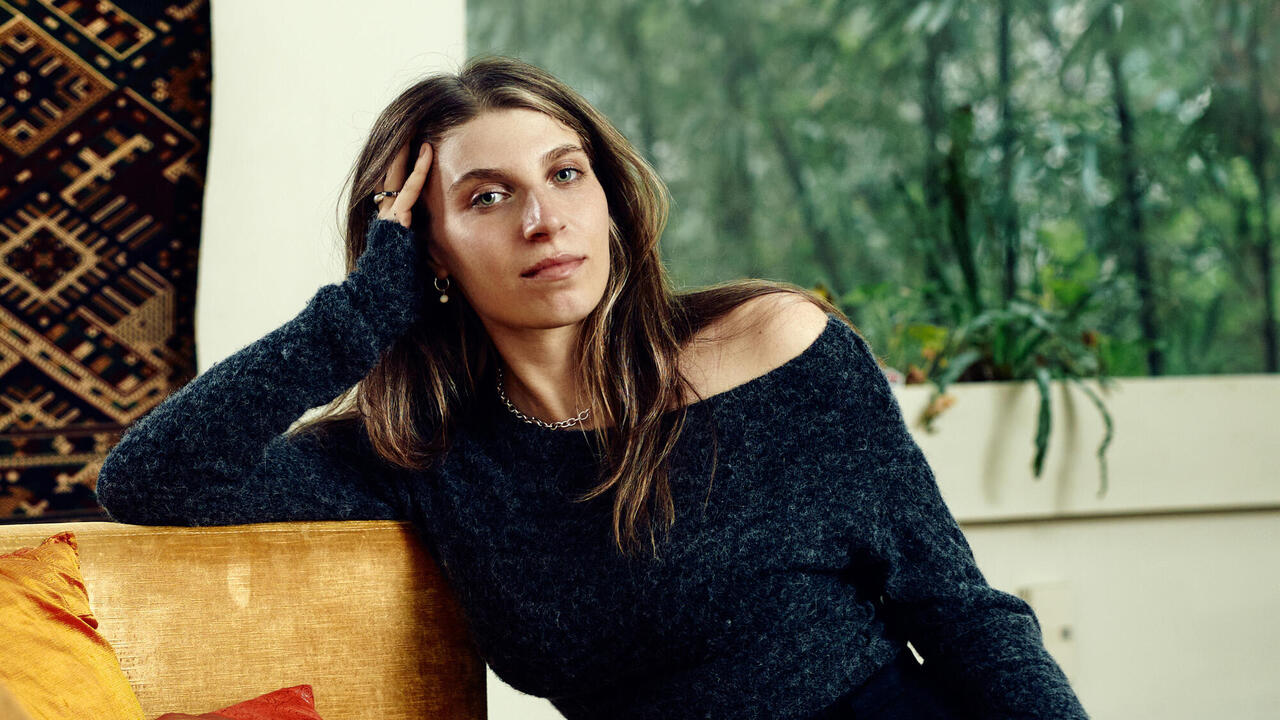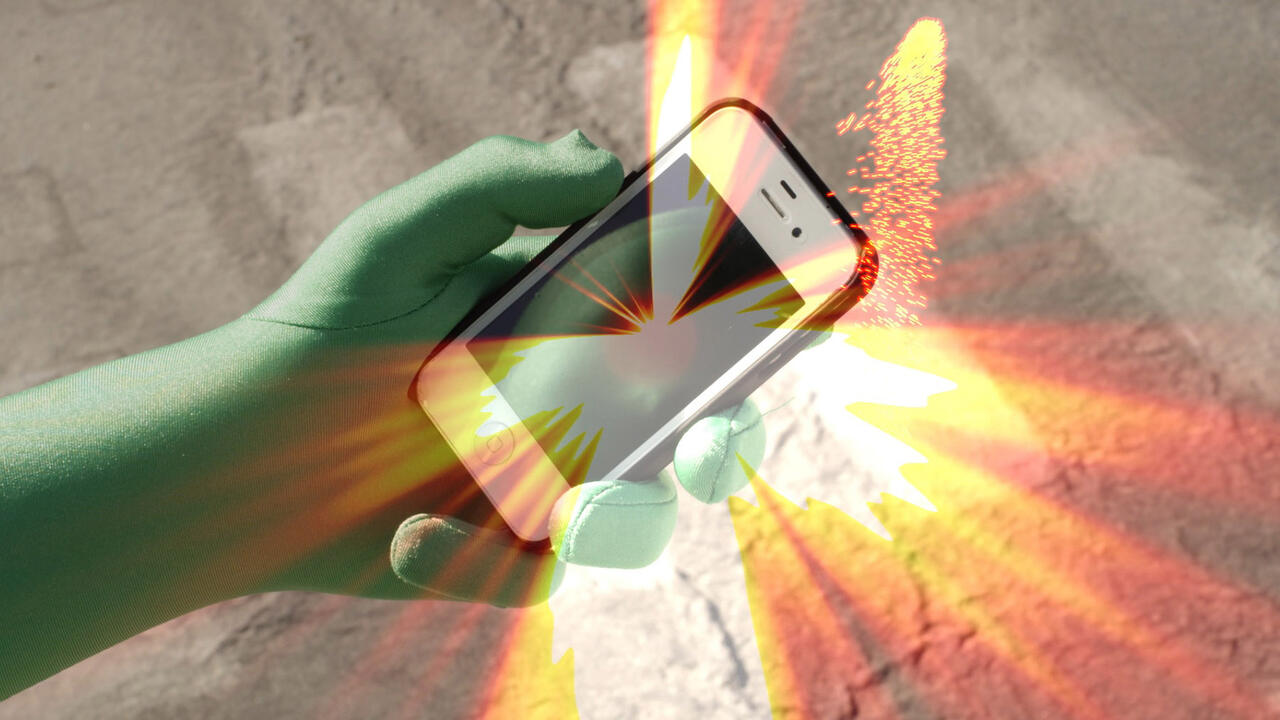Looking Back 2018: Motherhood and Other Stories
This year saw the publication of a rich vein of books about motherhood and women’s work
This year saw the publication of a rich vein of books about motherhood and women’s work

2018 was a remarkable and remarkably exhausting year for me, mostly because I had my second child a year and a half after having my first. Now I have a one-year-old and a two-year-old, work full time and live 600 miles from New York City; my ability to visit exhibitions and attend events there (and anywhere outside of Columbus, Ohio where I live) has been hamstrung. But motherhood has opened up other channels. A significant one is the world of new books, especially books about motherhood. This was a remarkable year for texts on the subject, so long ghettoized by artists and writers alike. Reading these books was like holding up a mirror to a face that didn’t know it had a reflection.

A few of them here, though I've only scraped the surface of this list: A Woman Is a Woman Until She Is a Mother by Anna Prushinskaya and Writing Motherhood, edited by Carolyn Jess-Cooke (both 2017); Motherhood by Sheila Heti; Like a Mother by Angela Garbes; And Now We Have Everything by Meaghan O’Connell; Mothers: An Essay On Love & Cruelty by Jacqueline Rose; The Republic Of Motherhood by Liz Berry; Mothers by Chris Powers; The Motherhood Affidavits by Laura Jean Baker; Sight: A Novel by Jessie Greengrass (all 2018). Baby in the Fire Escape, to be published by Julie Phillips next year, is readied on my waitlist; Claudia Dey’s essay Mothers as Makers of Death, published in the August issue of The Paris Review, was also of note. Lauren R. Weinstein’s comic narratives A Mother's Walk and Being an Artist and a Mother (the latter published by The New Yorker) were poignant, funny and a little devastating. Each of these texts, which range from shorter essays to long form fiction and poetry owes a debt to Adrienne Rich and Rachel Cusk in particular, as well as Toni Morrison, Elena Ferrante, Sylvia Plath, Julia Kristeva, Audre Lorde and Simone de Beauvoir – not to mention all the women who took the project of pregnancy, birth, and motherhood as serious material for art before doing so felt mainstream, safe or legitimate. Taken in sum, these books of 2018 demonstrate something profound about the shifting responsibility of creative producers to describe and account for (rather than pathologize) women’s work.

In the midst of reading these books – or at least of a handful of them – I did go (usually with a child or two) to see a few exceptional exhibitions, each inadvertently referring back to the content of those bedside pages. In New York, ‘Judson Dance Theater: The Work Is Never Done’, curated by Ana Janevski and Thomas Lax at the Museum of Modern Art, and Mary Manning’s exhibition ‘Love’ at CANADA both demonstrated a rare, incredible tenderness and desire to generate meaning through connecting to other wanting bodies in our orbit. In Columbus, Jo-ey Tang’s exhibition ‘arms ache avid aeon: Nancy Brooks Brody/Joy Episalla/Zoe Leonard/Carrie Yamaoka: fierce pussy amplified’ at Beeler Gallery (of which he is the director), a retrospective across four chapters that changes across time, is indelible. Working with Tang, fierce pussy – a collective of lesbian feminist artists founded in 1991 in association with ACT UP – has produced a show so striking for its restraint and its ache that is resembles written poetry as much as visual art.
As I tend to my own children and reach for the fortitude to be a parent, I am struck by the ways in which – now more than ever – I need art, across books and visual exhibitions, to feel assured of my own daily capacity for resilience, patience and affection.
Main image: cover artwork for Meaghan O'Connell’s And Now We Have Everything, 2018. Courtesy: Little, Brown US








